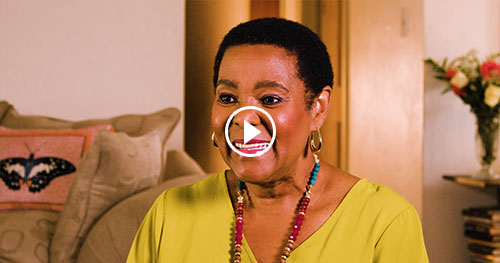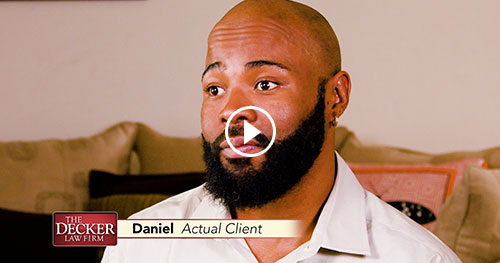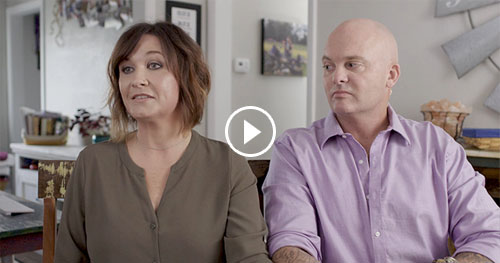What Should You Do if You’re Injured While on Vacation?
Getting injured while on vacation can turn your dream trip into a nightmare. Moreover, being far from home when an accident occurs creates unique challenges that most travelers aren’t prepared to handle. If you’re injured while on vacation, knowing the right steps to take can protect both your health and your legal rights.
According to the World Health Organization, approximately 1.3 million people die each year from road traffic crashes alone, with many more suffering non-fatal injuries. Additionally, vacation-related injuries extend far beyond car accidents to include slip and fall incidents, recreational mishaps, and transit accidents.
Common Types of Vacation Injuries You Should Know About
Understanding what injuries commonly occur during travel helps you stay vigilant. Furthermore, recognizing these risks allows you to take preventive measures before problems arise. For more information about personal injury cases, visit our personal injury practice page.
Transportation and Vehicle Accidents
Car accidents rank among the most frequent vacation injuries because travelers navigate unfamiliar roads and destinations. Similarly, transit accidents involving planes, trains, and buses can occur when operators lack proper qualifications or safety protocols. If you’ve been in a car accident while traveling, our car accident attorneys can help protect your rights.
Property-Related Incidents
Slip and fall accidents frequently happen at hotels, restaurants, and tourist attractions with inadequate maintenance. Meanwhile, negligent security at vacation properties puts tourists at higher risk for theft, assault, and other criminal activities.
Recreational Activity Injuries
Adventure activities like snorkeling, biking, and paragliding carry inherent risks that increase without proper guidance. Consequently, many vacation injuries result from inadequate safety briefings or equipment failures during recreational pursuits.
Essential Steps if You’re Injured While on Vacation
Taking immediate action after a vacation injury protects your health and strengthens any potential legal claims. Therefore, following these critical steps ensures you handle the situation properly.
Seek Medical Attention Immediately
Your health takes priority over documentation, so get medical care right away for serious injuries. However, don’t delay treatment to collect evidence, as this could worsen your condition and complicate recovery.
Document the Vacation Accident Scene
Once you’ve addressed immediate medical needs, thoroughly document everything about the incident. Take photos of the accident scene, your injuries, and any hazardous conditions that contributed to the vacation accident. Additionally, write down exactly what happened while the details remain fresh in your memory.
Collect Witness Information
Witnesses provide crucial evidence for vacation injury claims, so speak with anyone who saw the incident occur. Ask for their contact information and a brief statement about what they observed. Nevertheless, avoid pressuring reluctant witnesses, as this could backfire during legal proceedings.
Obtain Official Reports
Request copies of police reports, incident reports, and any other official documentation related to your accident. These reports often contain important details and may include the responding officer’s assessment of fault or contributing factors.
What You Should Avoid After a Vacation Injury
Certain actions can seriously damage your ability to recover compensation, so understanding what to avoid is equally important when you’re injured while traveling.
Never Admit Fault
Avoid making any statements that could be interpreted as admitting responsibility for the accident. Even innocent comments like “I’m sorry” can be used against you later in legal proceedings.
Don’t Sign Unknown Documents
Resist pressure to sign any papers without fully understanding their contents and implications. Furthermore, consult with an attorney before agreeing to any settlements or releases of liability.
Insurance and Legal Considerations for Vacation Injury Cases
Vacation injuries often involve complex insurance issues that require careful navigation. Understanding your coverage options helps ensure you receive appropriate compensation.
Review Your Insurance Coverage
Contact your health insurance provider to understand coverage for out-of-state or international medical treatment. Additionally, check whether your travel insurance covers medical expenses, as this can significantly reduce your out-of-pocket costs.
Consider Legal Representation
Vacation injury cases involve unique jurisdictional issues that require experienced legal guidance. At Decker Law, we understand the complexities of handling injury claims that occur away from home and can help protect your rights throughout the process. Learn more about how we can help with your case.
If you’ve been injured while on vacation, don’t wait to seek help. Contact our experienced personal injury team at Decker Law for a free consultation to discuss your case and explore your legal options.
For more information about travel safety, visit the U.S. State Department’s travel safety resources. You can also learn about your rights as a consumer through the Consumer Reports travel section.












